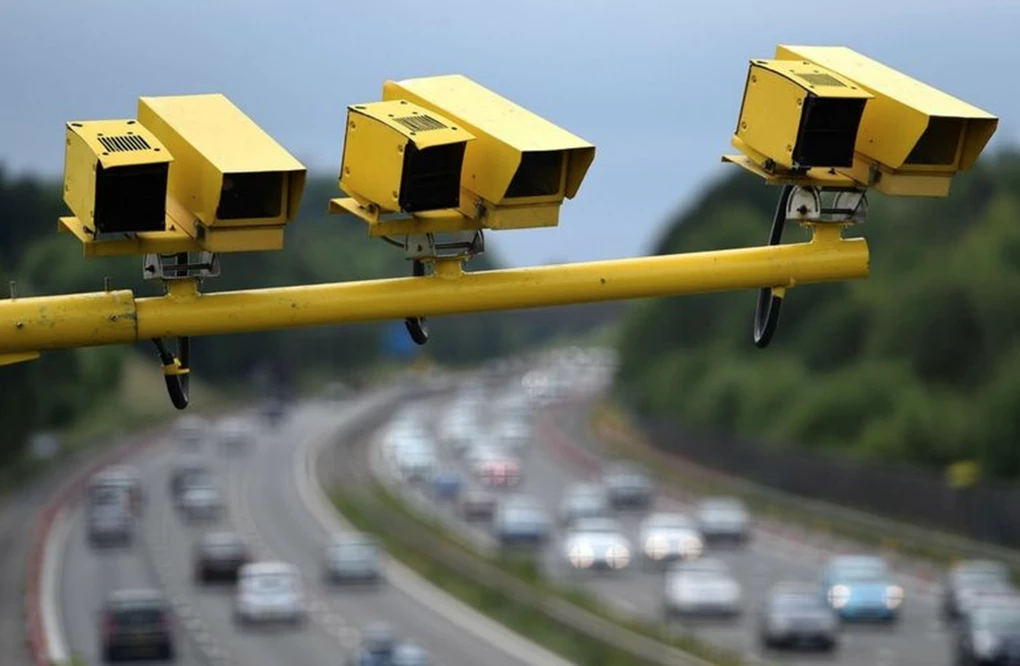Artificial intelligence (AI) cameras are being introduced in a pilot program in Devon and Cornwall to target drink-driving. This initiative, a collaboration between Devon and Cornwall Police and the equipment manufacturer Acusensus, represents a potential shift in road safety enforcement.

How the Technology Works
These cameras use AI to detect driver behaviour, flagging potential signs of impairment caused by alcohol or drugs. The system monitors multiple variables, such as how a vehicle moves, and alerts an intercept team stationed further down the road. These officers then decide whether to pull over flagged drivers for further testing.
The cameras are not entirely new to road safety. Similar technology has already been used in the UK to identify drivers using mobile phones or not wearing seatbelts. However, this trial focuses on detecting real-time offences that require immediate action.
Early Stage Trials
This trial coincides with December’s drink-driving campaigns as part of the Vision Zero South West road safety partnership. The cameras are part of a broader initiative, which also includes a night bus service to offer alternatives to impaired driving during the festive season.
Acusensus General Manager Geoff Collins emphasised that the technology aims to replicate the judgment of human officers while being non-intrusive. The system does not store personal data unless a violation is detected. Collins acknowledged the need to balance between flagging too many drivers and ensuring genuine offenders are caught.
Benefits and Limitations
Supporters of the initiative argue that these cameras could enhance road safety by identifying impaired drivers before they cause accidents. Devon and Cornwall Police highlight the potential for this technology to save lives, especially as drink-drivers are significantly more likely to be involved in fatal crashes.
However, there are challenges. The system’s reliance on AI to detect impairment raises questions about accuracy and potential biases in identifying irregular behavior. Additionally, this technology is not a replacement for traditional policing but a tool to support existing efforts.
Looking Ahead
The trial marks an important step in exploring how emerging technology can contribute to road safety. While the results are yet to be seen, the program’s outcome could influence the broader adoption of AI cameras in other regions. For now, the pilot remains an experiment to evaluate both its efficacy and public acceptance.




